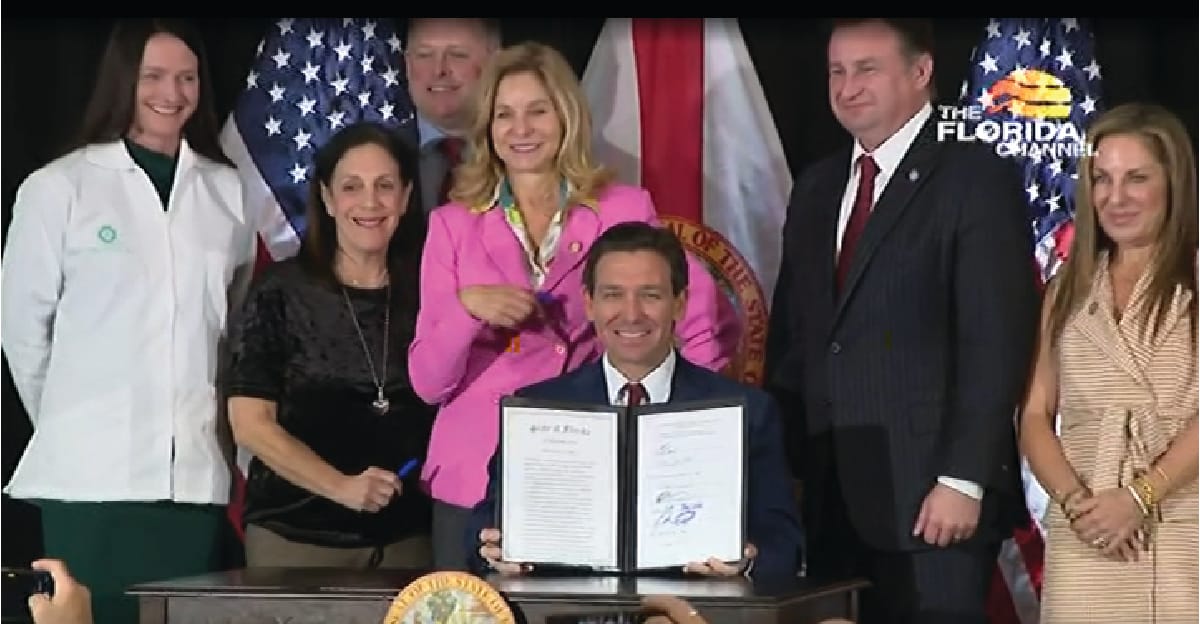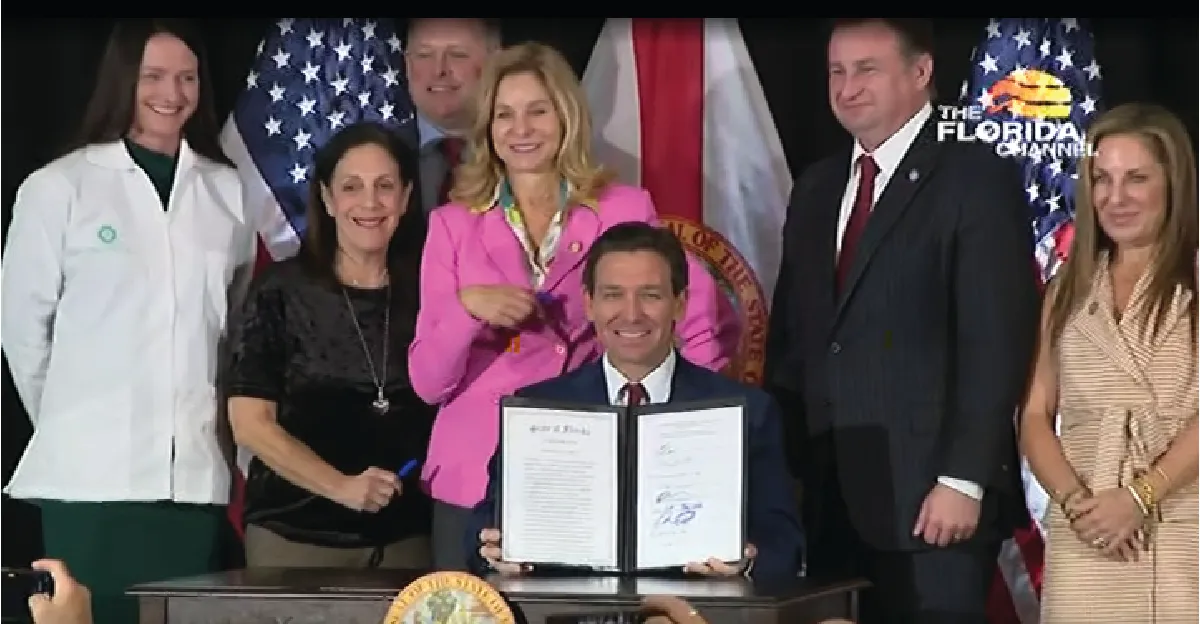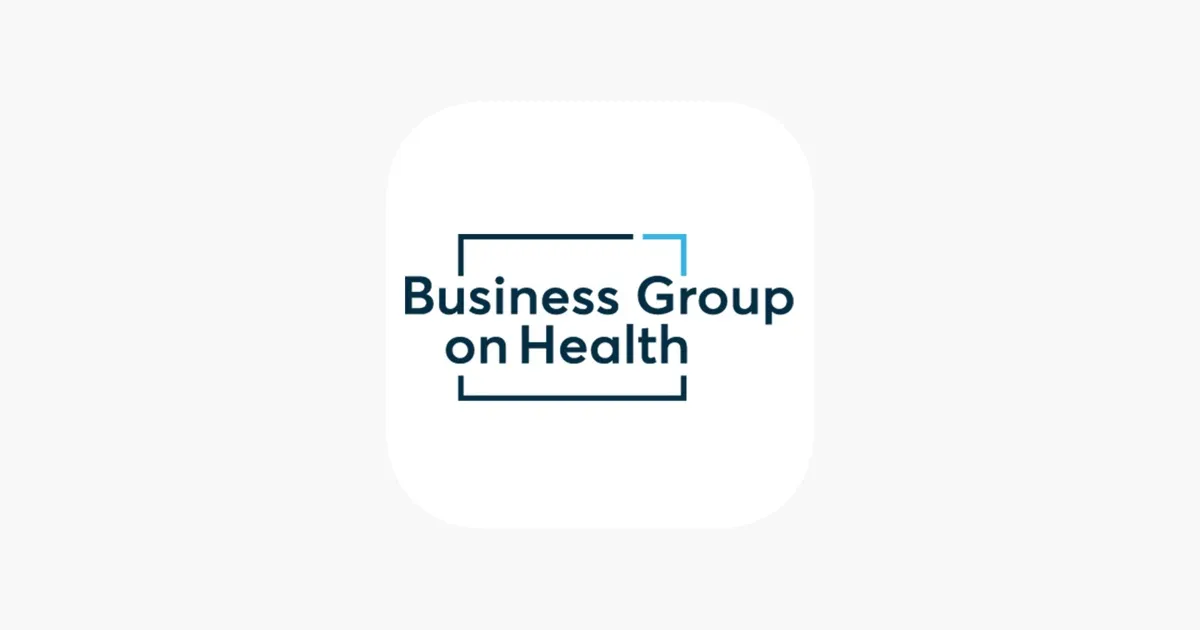It appears that a day of reckoning for pharmacy benefits managers has arrived. Long criticized by pharmacy operators for their business practices, particularly the application of direct and indirect remuneration fees under Medicare, PBMs are subject to intense scrutiny from legislators and regulators at the federal and state levels. As a result, PBMs are likely to soon find themselves subject to more intensive oversight.

Ron DeSantis: The statute ‘builds a foundation for transparency.’
Indeed, the shift is already well under way. As leaders at the recent National Association of Chain Drug Stores Annual Meeting noted, during the past two years more than 100 state laws related to payment reform for prescription drugs were enacted. In addition, 27 pieces of legislation were signed by governors in the first quarter of 2023. The new state laws vary considerably, but all of them address at least some aspects of the PBM reform principles espoused by NACDS — stop forcing patients to pay more for prescriptions; stop restricting access to medications; stop steering patients away from their pharmacies of choice; and stop threatening pharmacies and pharmacy teams.
A major victory for the pharmacy sector occurred shortly after the NACDS Annual Meeting when the Florida legislature approved what many consider to be the toughest PBM regulations in the country. Among other things, the measure, which Gov. Ron DeSantis wasted no time in signing, bans clawbacks and spread pricing; stops unauthorized sharing of data; and eliminates mail-order mandates.
“This legislation builds a foundation of transparency for PBM practices and drug prices in Florida, allowing consumers to make the best choices for their own health,” said DeSantis, who is seeking the Republican nomination for president. “PBMs and Big Pharma have managed to escape the public eye and work in the shadows for far too long. I’m proud to sign a bill that takes the reins back from these health care monopolies while empowering consumers.”
Prospects for PBMs trying to stave off a heavier regulatory burden don’t look much better in Washington. The House Committee on Oversight and Accountability last month wrapped up the first part of a hearing to explore whether PBMs are interested in “self-interest or health care.”
Remarks by committee chairman James Comer (R., Ky.) aligned with the concerns voiced by pharmacy operators and patient advocacy groups: “Today, PBMs engage in self-benefitting practices that boost their bottom line without a benefit to patients. In the Medicare program, PBMs often claw back billions of dollars in reimbursements paid to competing pharmacies. PBMs also steer patients to certain pharmacies and to certain medications. By doing this, they can increase patients’ co-pays and force manufacturers to increase list prices in order to meet the PBMs’ higher rebate demands.”
A more imminent threat to the PBM industry comes from the House Committee on Energy and Commerce, which, in a recent 49 to 0 vote, approved the Promoting Access to Treatments and Increasing Extremely Needed Transparency Act. The bill would, among other provisions, prohibit spread pricing in the Medicaid program and create a pass-through payment model.
“Patients are frustrated. The health care system must be more simple, transparent and affordable,” tweeted committee chair Cathy McMorris Rodgers (R., Wash.), who cosponsored the measure with Frank Pallone (D., N.J.). “I’m proud of our strong, bipartisan work on the PATIENT Act that will lower costs and dramatically improve transparency for patients.”
If that weren’t enough for PBMs to worry about, the Federal Trade Commission is intensifying its investigation into the industry. Last month, the FTC issued compulsory orders to two group purchasing organizations — Ascent Health Services and Zinc Health Services — that negate drug rebates for PBMs. Similar orders requiring the provision of information and records previously were sent to the nation’s six largest PBMs.
“Although many people have never heard of pharmacy benefit managers, these powerful middlemen have enormous influence over the U.S. prescription drug system,” said FTC chair Lina Khan in June 2022, at the time the probe was launched. “This study will shine a light on these companies’ practices and their impact on pharmacies, payers, doctors and patients.”
As pressure on PBMs continues to mount from an FTC led by an activist chair and members of both political parties, it’s probable that the reimbursement model that has governed pharmacy transactions for decades will undergo significant change. As a new paradigm takes shape, everyone involved in the process would do well to adhere to a basic concept: Health care should ultimately be about the patient; all discussions should start at that point and move backward through the continuum of care. Viewed through that lens, stakeholders will improve the odds of crafting a revamped system that fairly compensates community pharmacies.









